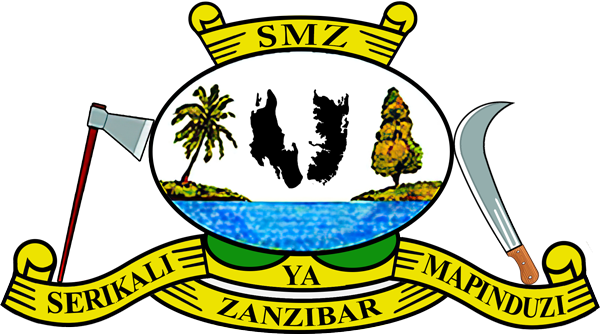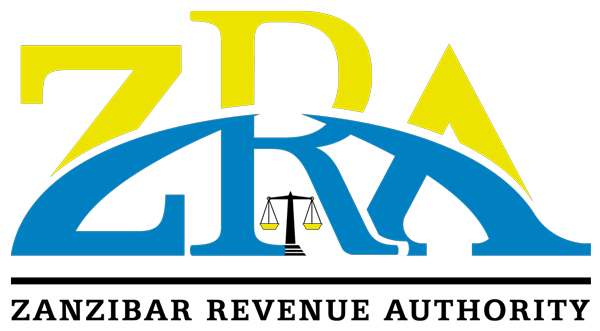Zanzibar projects 1tri/- for 2017/2018 budget
For the first time in history, the Zanzibar government yesterday unveiled its 1tr/- budget framework for the 2017/18 financial year. With an increase of over 200bn/- from the previous 841bn/- budget of 2015/2016, the 2017/2018 Fiscal Year government revenue and expenditure estimates were intended to improve lives of the people.
Speaking ahead of House of Representatives budgetary sessions, the Minister for Finance and Planning, Dr Khalid Salum Mohamed, said the budget had been projected at 1.08tri/-.
“The government is expected to spend 1.08tr/- in financial year 2017/2018, including 590.8bn/- to be spent on running the government’s day-to-day activities while 496.6bn/- will be spent on development projects,” he explained.
The minister revealed that the budget plan would cover seven priority areas, including improvement of social services, health, education, housing and clean water.
Other priority areas include strengthening the tourism sector, infrastructure, developing entry points (including ports and air ports), good governance and investments in small and medium industries to curb unemployment.
The Minister said the government expected to collect 675bn/- from domestic sources and incomes. Tanzania Revenue Authority (TRA) is expected to collect 258 bn/- while Zanzibar Revenue Board (ZRB) is assigned to collect 347 bn/-.
An estimated 69 bn/- will be drawn from other local sources. He further explained that development partners were expected to contribute 380bn/- , 82bn/- would be in the form of grants and the remaining 298bn/- would be loans.
Dr Khalid, however, pointed out that for the 2017/2018 FY, the government is not expected to receive General Budget Support (GBS).
The minister said that in order to ensure that collection targets were met, the government would strengthen revenue collection systems and curb loopholes for revenue leakages.
Dr Mohamed said Zanzibar’s economy was growing at 6.8 per cent. He called on investors to grab investment opportunities that the isles offered.
The minister urged the people to work hard, stressing that, this was the surest guarantee of enabling them to conquer poverty.



